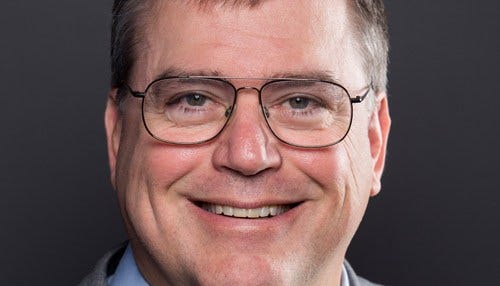IU to Pump $300M Into ‘Grand Challenges’
 The program is being managed by IU Vice President of Research Fred Cate and his office.
The program is being managed by IU Vice President of Research Fred Cate and his office.
Subscriber Benefit
As a subscriber you can listen to articles at work, in the car, or while you work out. Subscribe NowIndiana University has announced a $300 million program designed to create "transformative" solutions for Indiana and worldwide challenges through large-scale research projects. The five-year Grand Challenges initiative will engage researchers throughout the IU system by funding five projects in the coming years, the first of which is set to begin next fall. Officials say the program is another piece of an overall strategy to make IU one of the top research institutions in the world.
The university says the effort will be a catalyst for collaborative and interdisciplinary research and help boost community, industry and governmental partnerships.
IU has already requested preliminary proposals from faculty. Land tells Inside INdiana Business IU is in "a rare position to have ‘intellectual horsepower’" to drive a program like this.
President Michael McRobbie says "as one of the nation’s leading research universities, Indiana University has a special opportunity – and responsibility – to drive large-scale research, discovery and innovation to help address some of the most pressing challenges facing our state, nation and world today. Grand Challenges initiatives will be few, large, focused and measured by their impact. They will allow us to work in new and creative ways at the scale necessary to make a real difference on such global issues."
The program is part of IU’s Bicentennial Strategic Plan, which is designed to reshape the university and set it up for the years beyond its 200th anniversary in 2020.
IU says the Grand Challenges will draw on existing funds, as well as "reprioritizing of planned expenditures," the IU Foundation and campus resources. Other schools that have launched similar programs include Princeton, UCLA and New York University.
IU says the initiative will lead to up to 30 new faculty positions and faculty startup, graduate student, postdoctoral fellowship, equipment and facilities support. A nine-member review committee will include input from community members from throughout the state and select the five winning proposals.
Associate Vice President for Public Affairs Mark Land says a program of this kind, on this scale, is uncommon for a public university.
